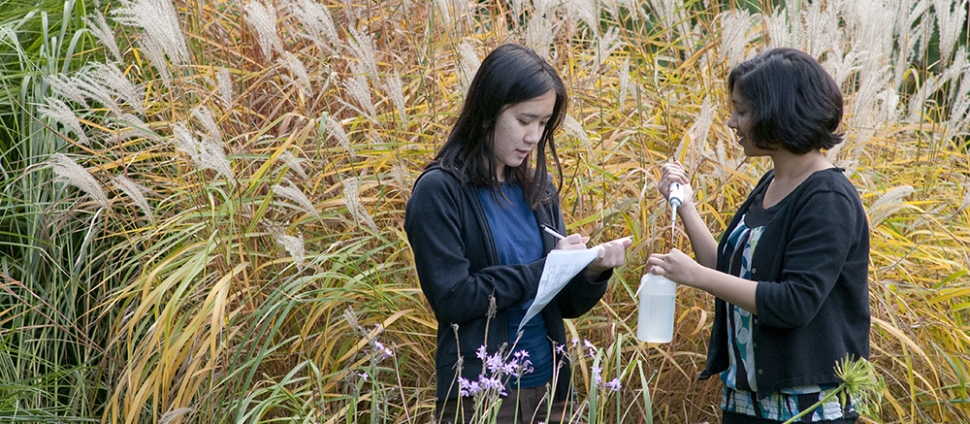Document Type
Article
Publication Date
4-17-2019
Publication Title
International Journal of the Commons
Abstract
In a global context of climate change and increased water scarcity, the development of efficient irrigation schemes in sub-Saharan Africa where rainfed agriculture still prevails could significantly support food security. However, developing efficient irrigation schemes is highly challenging and necessitates the resolution of a number of collective action problems. Since the 1980s, a large body of research has explored the conditions needed for successful collective action, sustainable use of the resource in irrigation schemes, and the development of efficient institutions. Although there is no agreed-upon definition of what successful, sustainable, or efficient governance schemes or institutions are, there is a common understanding that institutions that last over a long period of time are successful. However, past work mostly paints a homogenous and holistic picture of institutional efficiency across a given CPR, while limited research has investigated differences in terms of institutional efficiency between appropriators with various levels of institutional experience.
In order to deepen our understanding of institutional efficiency, this study investigates how appropriators in one irrigation scheme, with different lengths and types of institutional experience, practice institutions. Building on existing literature, we ask how institutional efficiency relates to institutional experience at the levels of both irrigation units and the appropriators of water. To answer this research question, we conducted our analysis in the Mwea irrigation scheme (MIS) in Kenya, an irrigation scheme that has not only persisted but expanded over time since the 1950s. We analyze payment of operation and maintenance (O&M) fees for 71 irrigation units over two consecutive years. We also explore the results of 422 household surveys on the practice of institutions conducted in eight irrigation units with distinct duration and types of institutional experience.
This work sheds new light on the dynamic formation and definition of institutional efficiency by highlighting the importance of farmers’ experience and empowerment in supporting adaptive institutions. We show that under the pressure of experienced and empowered appropriators, institutions can evolve and adapt to become more efficient. Irrigation schemes can only alleviate food insecurity when farmers are deeply involved in local institutions. This study shows their central role in correctly appropriating and provisioning the resource but also in using their knowledge and authority to critique the rules in place and promote the adaptation of institutions.
Keywords
Common-pool resources, irrigation, institutional efficiency, institutional experience, Kenya, Mwea Irrigation Scheme
Volume
13
Issue
1
First Page
329
Last Page
352
DOI
doi.org/10.18352/ijc.876
Creative Commons License

This work is licensed under a Creative Commons Attribution 4.0 International License.
Rights
© the authors
Version
Version of Record
Recommended Citation
Washington-Ottombre, C., & Evans, T. P. (2019). Relationships between institutional success and length of tenure in a Kenyan irrigation scheme. International Journal of the Commons, 13(1), 329–352. DOI: http://doi.org/10.18352/ijc.876


